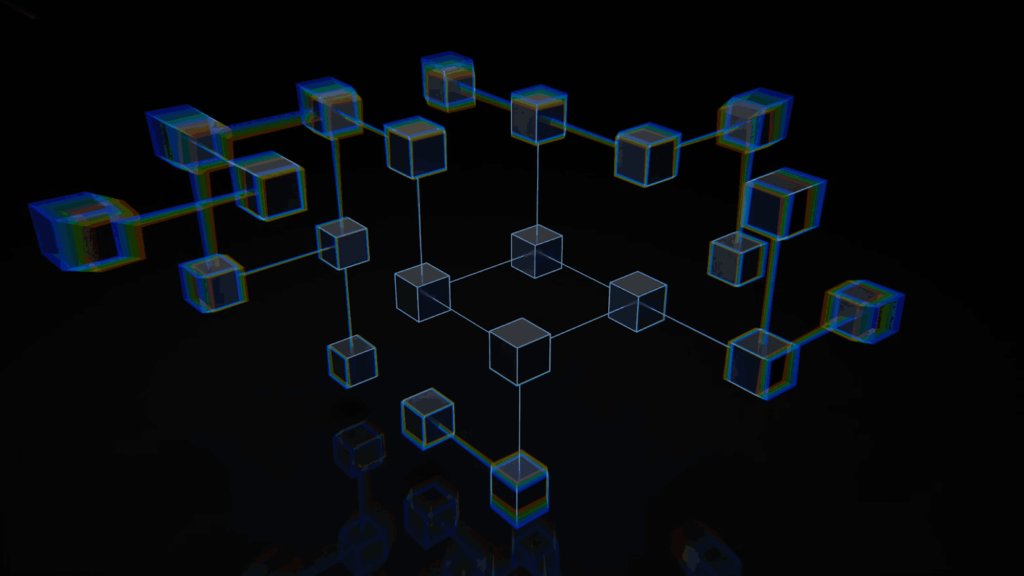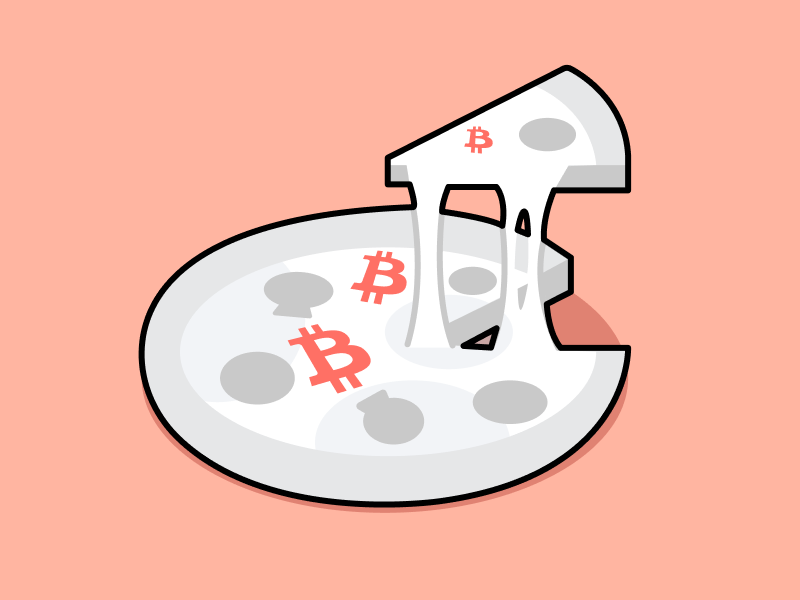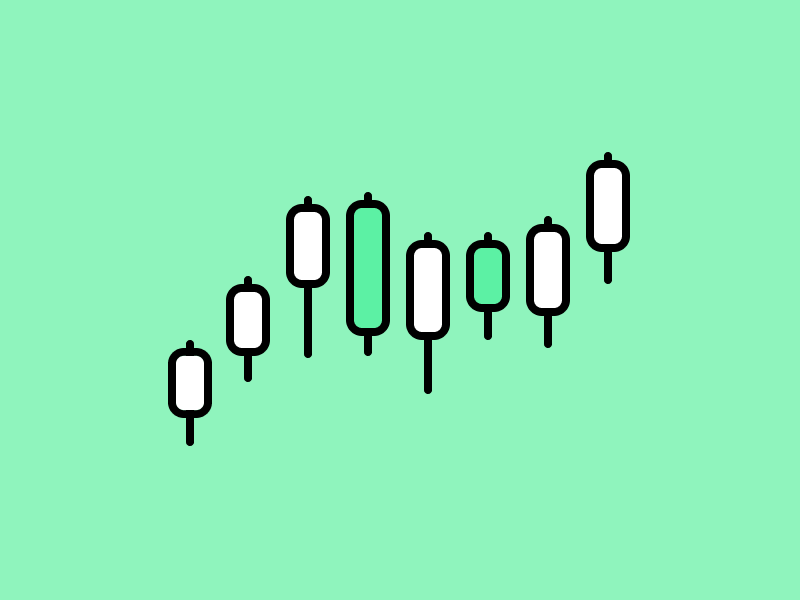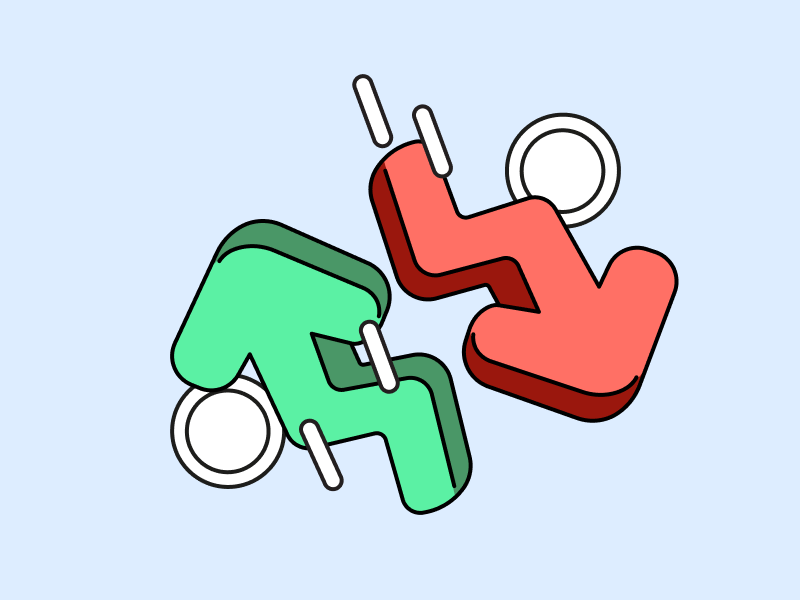Advantages and Disadvantages of Decentralization in Blockchain

The concept of decentralization is gaining popularity with the emergence of cryptocurrencies, which have captured attention for their potential to transform financial transactions. Where once all control was held by centralized authorities, now everyone can have power over their assets. Therefore, in this article, we will discuss the various advantages and disadvantages of decentralization.
Market Analysis Summary
- 🔄 Decentralization in blockchain is the transfer of power, control, decision-making, and authority oversight from a centralized entity to a distributed network.
- 🎮 Advantages of decentralization include user control, transparency, anonymity, immutable stored data, and the ability to prevent fraud.
- ⚠️ Disadvantages of decentralization include criminal activities, relatively high costs, and dependence on users who operate the network.
What Is Blockchain?

Blockchain is a universal, open-source, decentralized ledger that uses cryptography to record transactions. There are three key elements in blockchain technology: distributed ledger technology (DLT), irreversible records (immutable records), and smart contracts (a relatively innovation).
Transactions within this blockchain technology are decentralized, meaning they are not controlled by a single authority but can be accessed by anyone with an internet connection. Currently, blockchain technology is primarily used in cryptocurrencies.
Read more: How Blockchain Works?
What is Decentralization in Blockchain?
Decentralization in blockchain is the transfer of power, control, decision-making, and oversight of authority from a centralized entity to a distributed network. Decentralization aims to eliminate the control and interference of a few individuals, groups, or single entities.
The emergence of decentralization is driven by awareness of the potential for abuse of power in centralized institutions. Satoshi Nakamoto pioneered the concept of returning power to all stakeholders. However, in its implementation, decentralization has many advantages and disadvantages that must be understood.
What are the Advantages and Disadvantages of Decentralization?
Advantages
- User Control: In a decentralized network, users can initiate or terminate transactions without authorization or permission from a centralized government (third party).
- Transparency: Each transaction record is stored in a digital ledger that can be accessed by any user in the network.
- Anonymity: Users on the network can choose to protect their identity and hide personal information from the public, while still being able to conduct transactions on the network.
- Immutability: Data stored on a decentralized blockchain is nearly impossible to alter or delete, as any change must be validated by every node in the blockchain network.
- No single point of failure: In a decentralized system, damage to one point will not cause the entire network to fail.
- Open development: Decentralized networks are open development platforms that allow anyone to extend them by building tools, services, and products on top of them.
- Transparency and Security: Blockchain is an open-source ledger where every transaction is recorded, making it easy to detect fraud. The integrity of the blockchain system is monitored and maintained by miners who validate transactions daily. There are thousands of miners validating blockchain transactions around the world. This provides significant oversight for decentralized blockchain-based cryptocurrencies, making them nearly impervious to fraud.
- Censorship: Blockchain technology is free from censorship because it is not controlled by a single party. Therefore, no authority (including the government) can interfere with the operation of the network.
Disadvantages
- Crime: The anonymity of user activity on blockchain networks, while providing privacy benefits, can also be exploited by criminals and wrongdoers. Fortunately, advancements in blockchain technology have led to the development of sophisticated tools that can be employed to track criminals on the blockchain
- Cost: Complex decentralized networks, compared to their centralized counterparts, typically incur higher transaction and creation costs
- Highly User-Dependent: The effective operation of decentralized networks relies heavily on the participation of users who act as nodes
Conclusion
Decentralization plays a critical role in cryptocurrency because it empowers individuals and leads to a more just, free, and secure financial system. Because control is not centralized in a single individual or institution, decentralization ensures that there are minimal failures or illegal practices over user assets.
Decentralized crypto assets are built by entrusting transaction verification to thousands of nodes working together within the network. This mode of operation provides greater transparency and integrity than centralized systems, which are vulnerable to fraud and data manipulation.
References
- elite_audacity, Decentralization in Blockchain: What it is, Advantages and Disadvantages, faun.dev, accessed on 14 November 2023.
- Aws, What is Decentralization in Blockchain?%20to%20a%20distributed%20network.), accessed on 14 November 2023.
- Veera Budhi, Advantages And Disadvantages Of Blockchain Technology, Forbes, accessed on 14 November 2023.
- BItsgap, Breaking the Chains: Understanding Crypto Decentralization, accessed on 14 November 2023.
- Worldcryptoindex, ADVANTAGES AND DISADVANTAGES OF DECENTRALIZED BLOCKCHAINS, accessed on 14 November 2023.
Share


